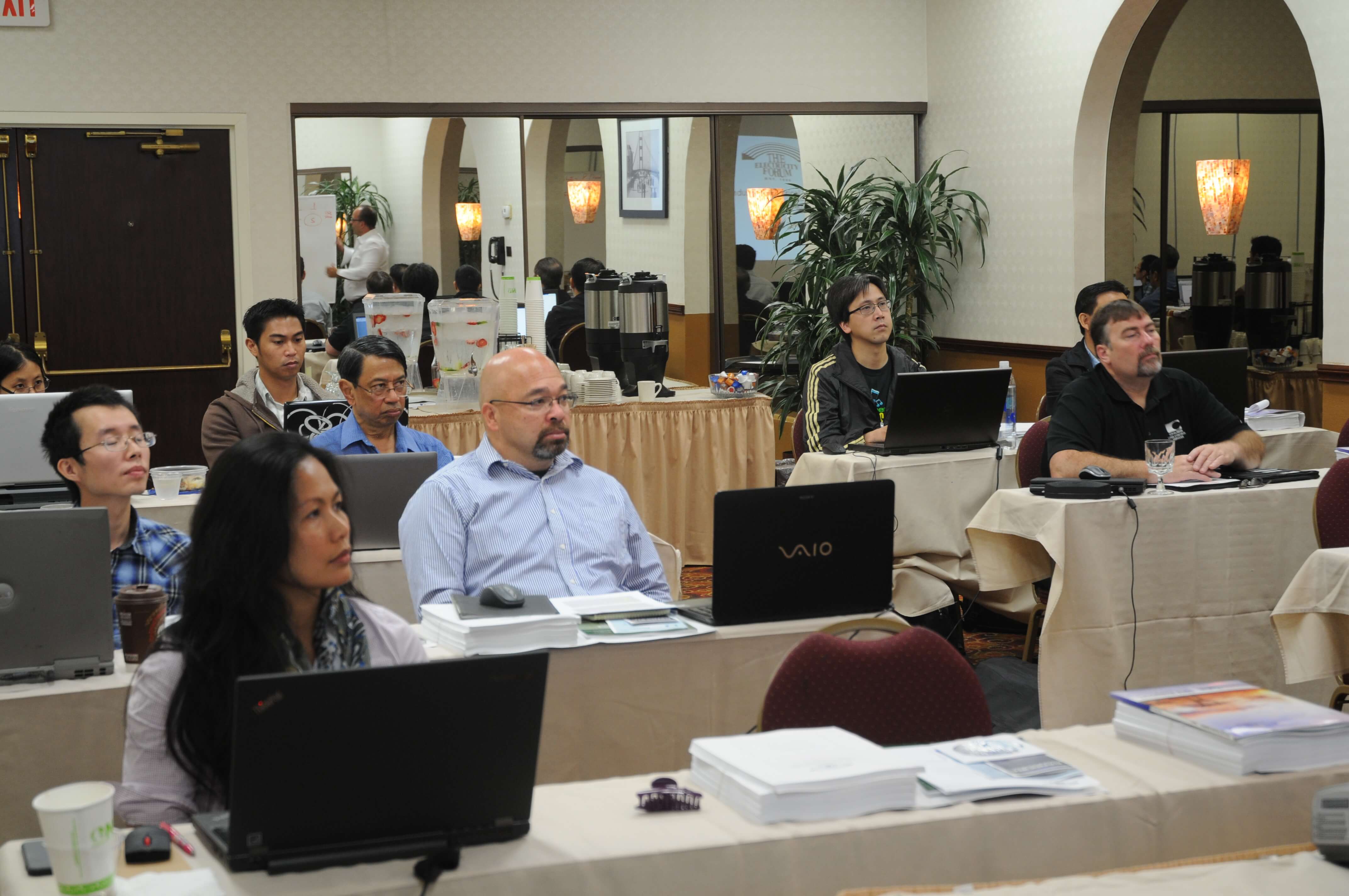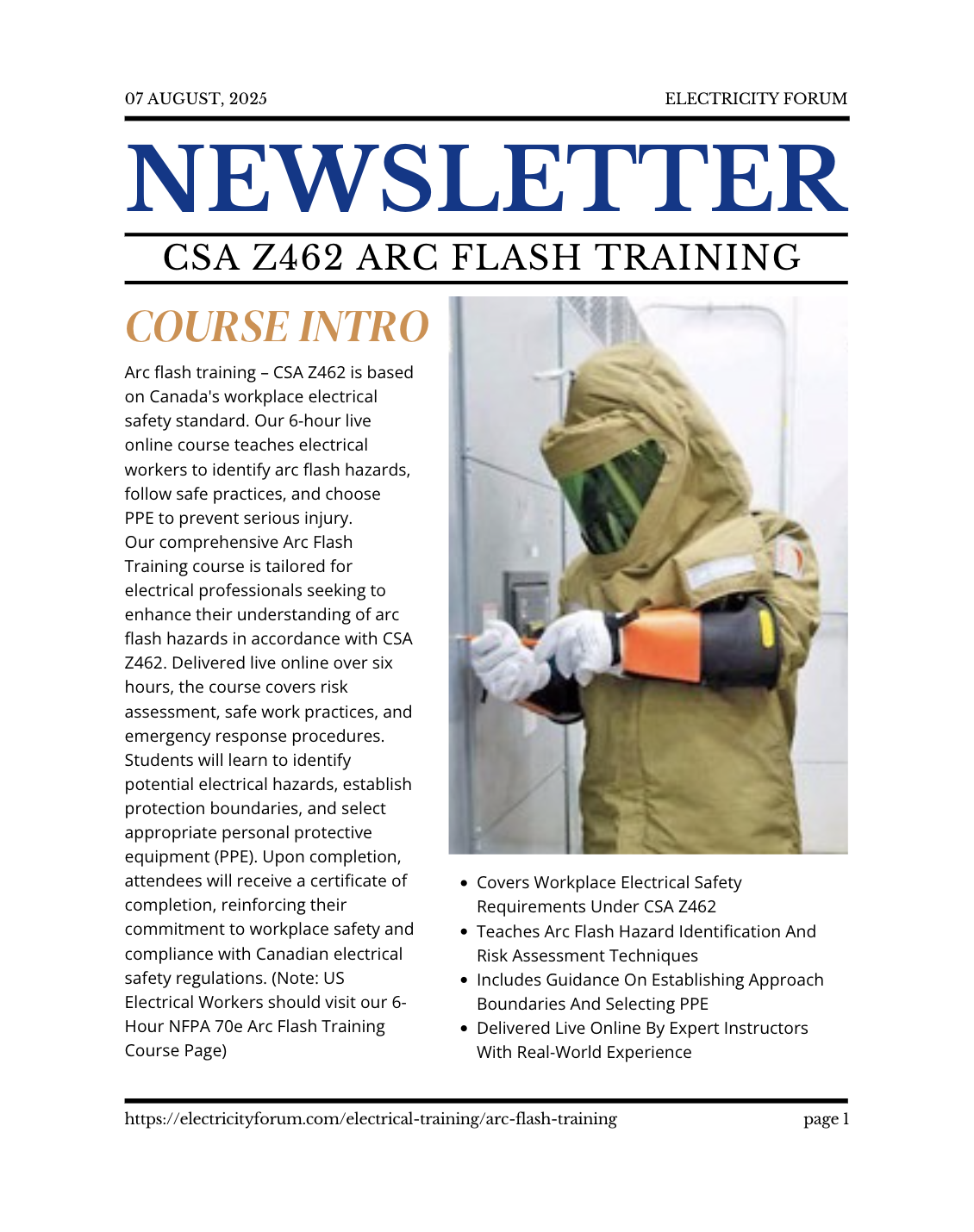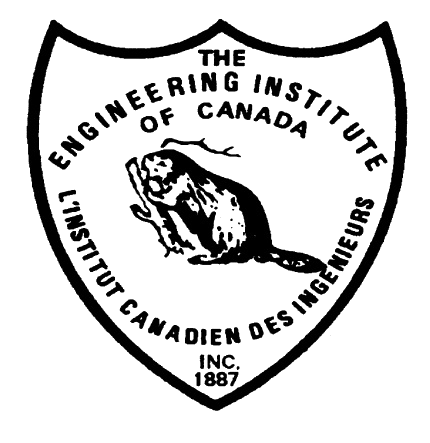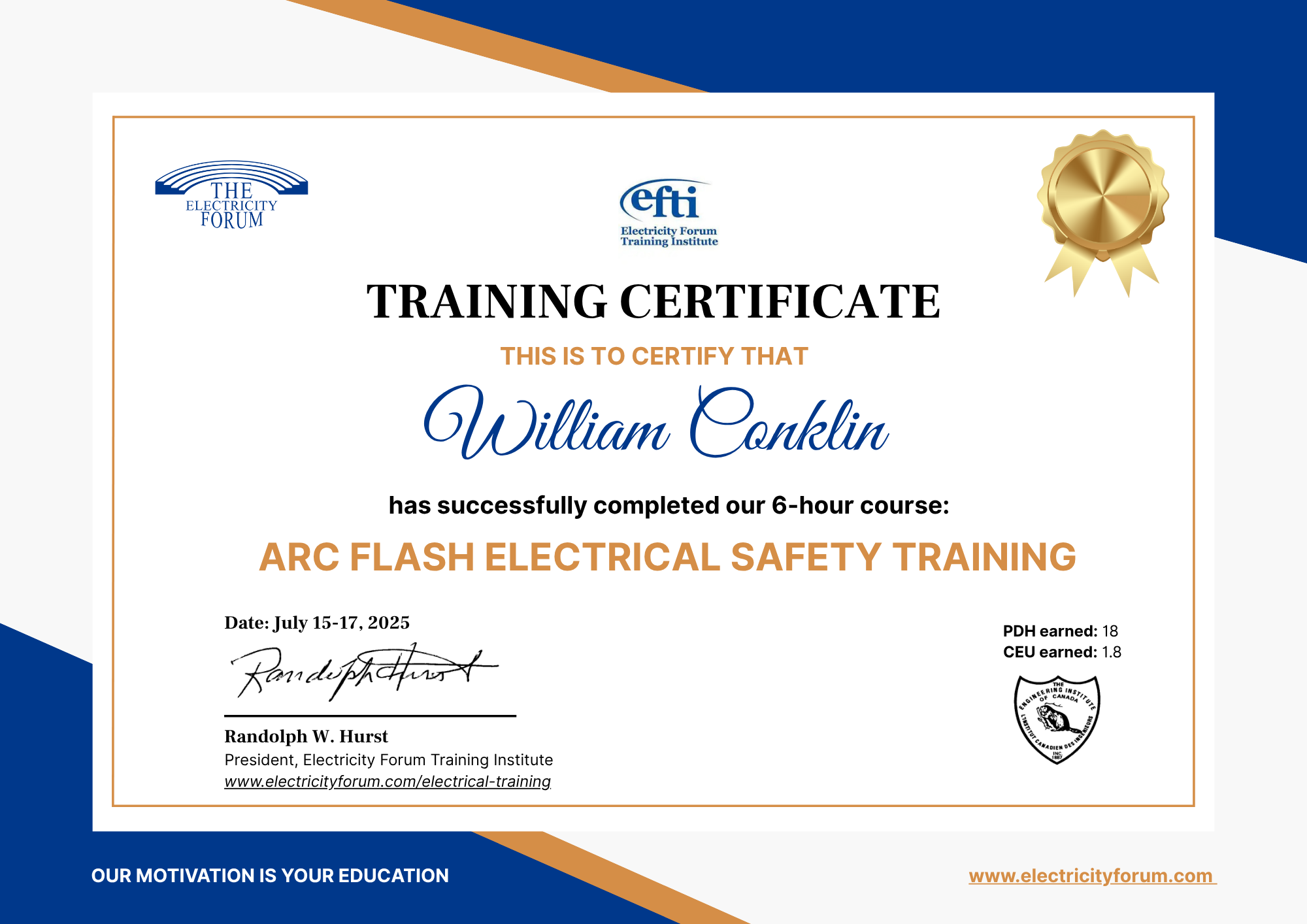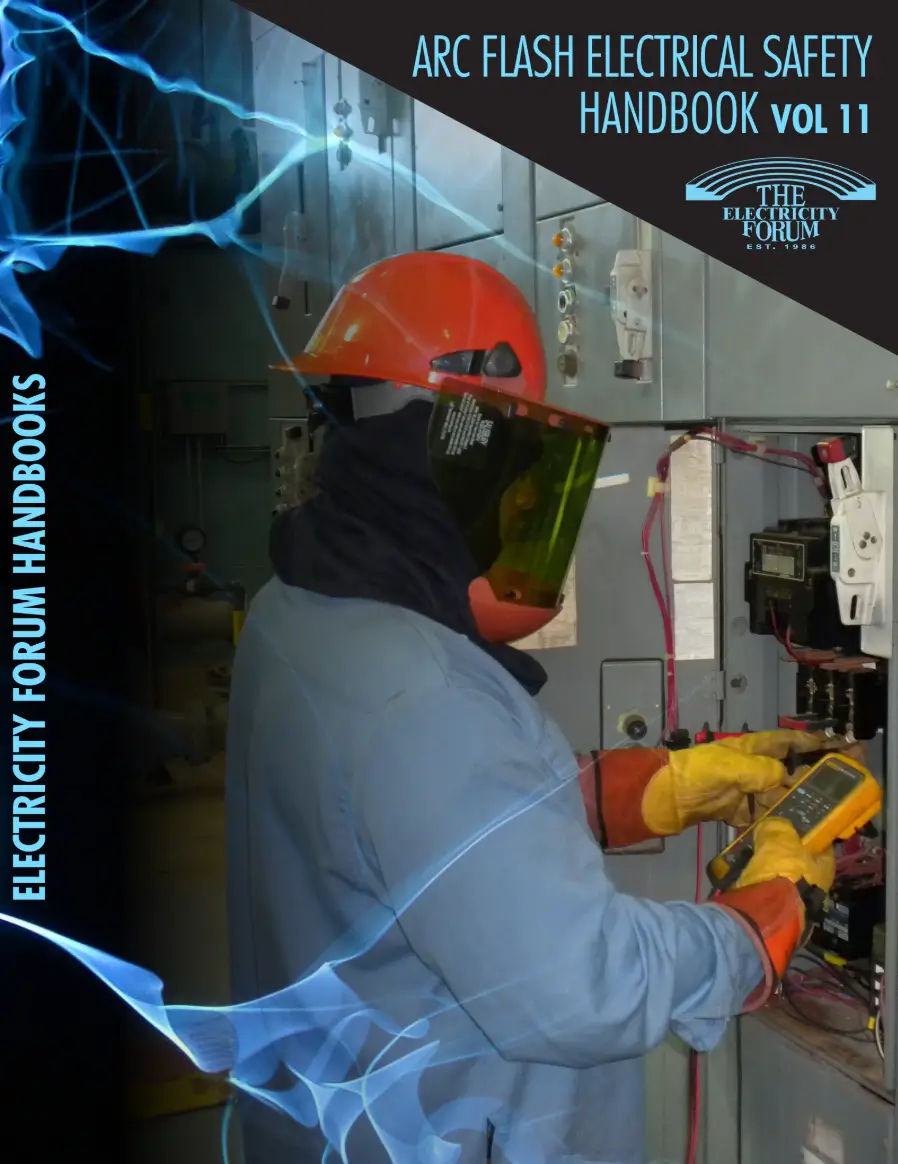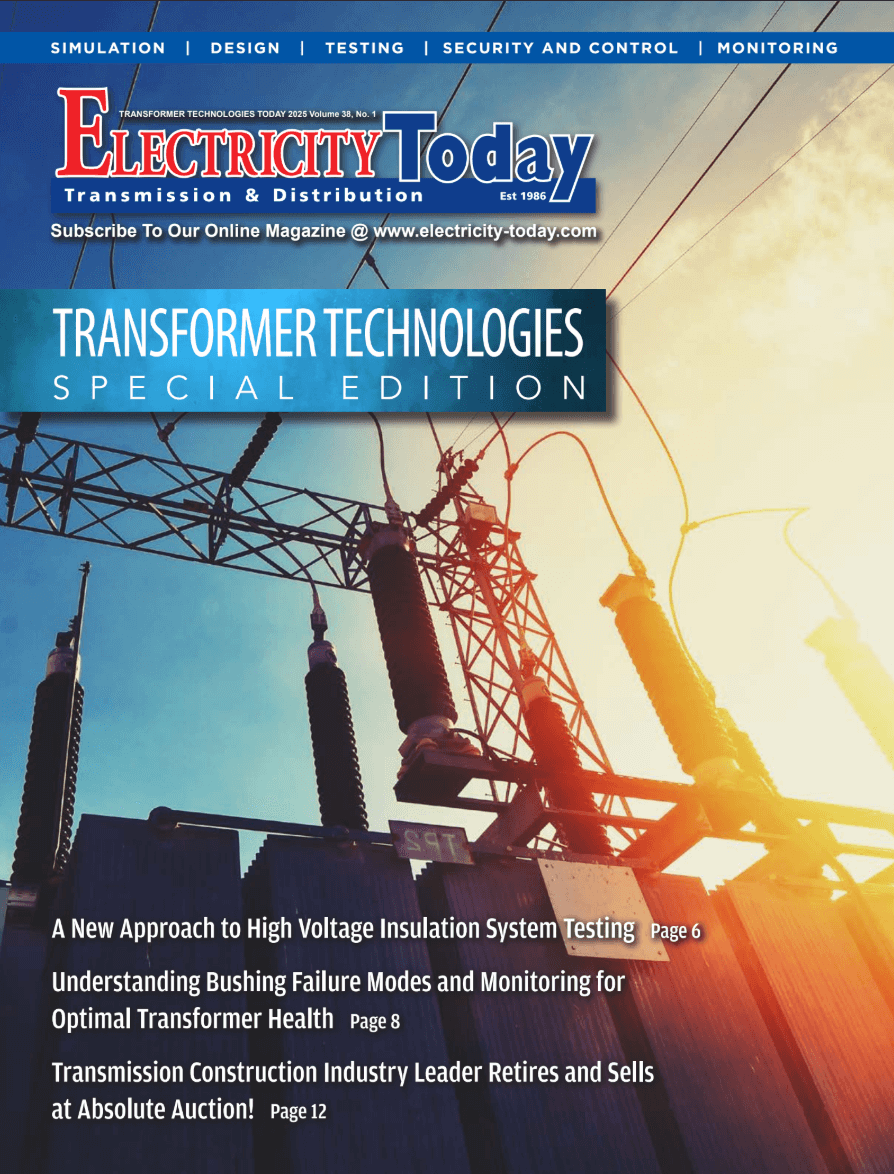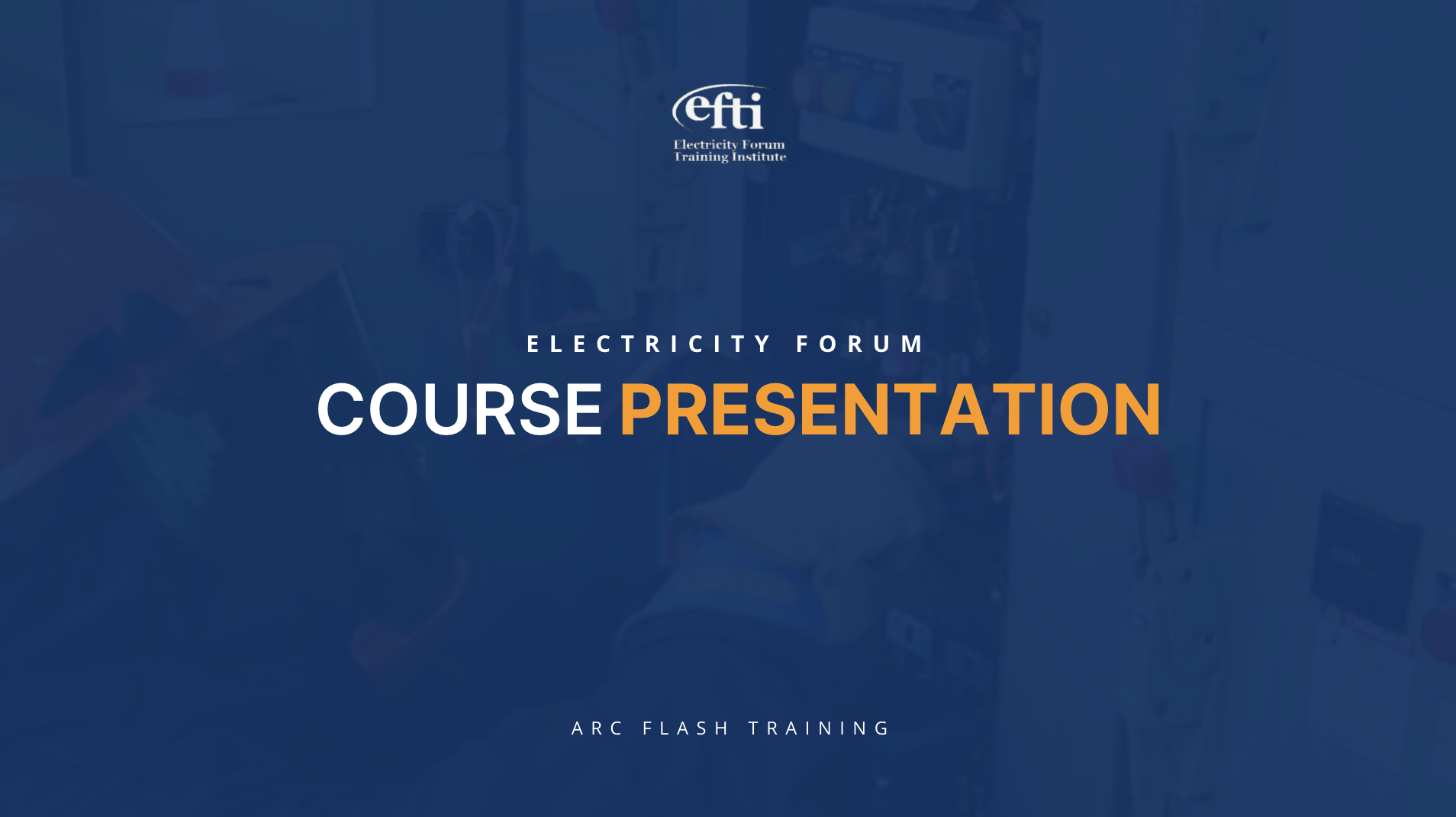Power Transformer Maintenance Training Course Outline
DAY ONE
Part 1. Risk Assessment & Asset Management
This presentation will show how to identify, assess and mitigate the risks associated with distribution and power transformers. Transformers and other electrical equipment are assets that have ongoing maintenance needs or are at risk for failure. The presentation will assist participants in developing an intelligent maintenance program that will evaluate risks and consequences of failure and prioritize maintenance needs according to our data and standards, industry standards and best engineering practices.
- Learn how to develop or improve a risk-based asset management program.
- Identify categories of assets within an organization.
- Define risk-based asset management and why it is important in managing the life cycle.
- Perform an analysis of an electrical system equipment with an emphasis on transformers.
- Identify advantages of various maintenance programs and the benefit of on-line monitors.
- Students will learn the causes of failures and how to assess the risk of failures.
- Develop or improve a risk-based asset management program for your company.
- Assess and implement proper maintenance practices to prevent unplanned and unscheduled outages.
- Understand test results and perform an analysis of your company’s electrical system in order to improve operating conditions.
- Students will be able to perform a transformer assessment to determine the condition and risk of your transformer investment.
Part 2. Introduction to Transformer Testing
- Solid Insulation
- Transformer Oil
- Testing Transformer Oil
- Moisture in Transformers
- Dissolved Gas Analysis
- Analysis for Furanic Compounds and Non-Routine Oil Tests
- Electrical Testing Principles
- Interpreting Oil Test Results and Maintenance Options
- RECLAMATION of Transformer Oil
- Advanced DGA Testing
- Practical Example of a DGA Assessment
Part 3. Increase Transformer Reliability and Life Cycle Through Proper Maintenance of Load Tap Changers
- Brief History of Load Tap Changing
- Basic Electrical Theory
- Components and Configurations
- Operating Principles
- Monitoring and Testing
- Internal Inspections and Maintenance
- Developing a Detailed Maintenance Program
Part 4. Dissolved Gas Analysis (DGA)
How dissolved gas analysis (DGA) results are interpreted – an important tool in the overall transformer maintenance program. Includes hands-on break out groups. This session is intended to identify fault gases and what causes their formation; explain and provide examples of qualitative and quantitative interpretation of dissolved gasses. This class will also evaluate the condition of cellulose insulation and other non-routine tests, and how to determine if a transformer is at risk for failure due to presence of corrosive sulfur, and how to mitigate the risk.
- Maintenance and Sampling Oil
- Introduction to Oil Testing
- Dissolved Gas Analysis
- Non-Routine Oil Analysis
- DGA Case Studies
Part 5. In-Service Inspection & Sampling of Fluid-Filled Transformers
Learn how to properly inspect and safely obtain fluid samples from energized electrical transformers. This session is designed for substation personnel whose responsibilities include sampling and monitoring the overall condition of fluid filled transformers.
- Safety
- Special Care Transformers
- Transformer Part & Visual Inspection
- Inspection Forms/Nameplates/Gauges
- Sampling Containers
- Proper Sampling
- Nitrogen Blanket
- Packaging
- Why Oil Test
- The importance of monitoring the insulation
DAY TWO
Transformer Field Diagnostics Tests and Techniques
Part 6. Transformer Field Diagnostic Testing and Maintenance Techniques
WINDING RESISTANCE
- Testing techniques
- Voltmeter – Ammeter method
- Bridge technique
- Micro ohmmeter
TRANSFORMER RATIO/POLARITY
- Testing Techniques
- Inductive kick (DC method) polarity
- Alternative voltage (AC method) polarity
- Turn ratio test set
- Double voltage meters
EXCITATION CURRENT MEASUREMENT
- Hysteresis
- Eddy currents
- Copper losses
SHORT CIRCUIT IMPEDANCE MEASUREMENT
- Testing techniques
- Voltmeter – Ammeter method
SWEEP FREQUENCY RESPONSE ANALYSIS
- Testing techniques
- Problems detected
- Shifted winding/core
- Deformed windings
- Loose windings
INSULATION RESISTANCE
- Testing techniques
- Megger
- Polarization index test (PI)
- Can detect the following problems
- Insulation dryness
- Insulation contamination
- Sensitive to temperature
INSULATION CAPACITANCE AND POWER FACTOR
- Testing techniques
- Capacitance bridge method – DF
- AC Dielectric loss method - PF
PARTIAL DISCHARGE MEASUREMENT
- Can detect the following problems
- Insulation defects
- Insulation contamination
- Air bubbles trapped in insulation
- Localized high electrical stress
- PD is the "cancer" of insulation system
- PD detector
- RIV
TRANSFORMER CORE TESTING
- Problems
- Insulation resistance
- More grounding points
- Megger
- Separate external core ground lead from 250 resistor
- Measure core
INSULATING OIL
- Sulphur in transformer oil solutions
- Resolving moisture in transformer oil
- Proposed federal PCB transformer regulations
- Transformer on-line oil monitoring techniques
- Various tests performed on insulating oil
- Properties and parameters of insulating
- Why oil sample?
- Dielectric breakdown
- Water content
- Power factor
- DGA "key" fault gasses
- Benchmarks
- Rating system
BUSHING VISUAL CHECK
- Oil Level
- Leaking
- Chipped porcelain
- Fractured flange
- Poor gaskets
- Peeled painting
- Terminal connection
- Corrosion
TAP CHANGERS
- DETC
- Contact resistance increase
- Loose contact pressure
- Misalignment
- Electrical and mechanical centers
- LTC
- Contact continuity
- Arcing switch and tap selector
- Drive mechanism operation
- Motor
- Timing
- Oil compartment
- Protection and control
TRANSFORMER TANK
- Visual check
- Oil leaking
- Poor gaskets
- Peeled painting
- Rust/corrosion
- Temperature hot spot
COMPONENTS AND ACCESSORIES
- Visual check and function test
- Cooling system – radiators, fans or pumps
- Gauges and indicators – oil level, pressure and temperature
- Pressure relief device
- Gas relay
- Air breather
- Inert air system
- Oil filters
INFRARED TEMPERATURE MEASUREMENT
Review of expectations
Questions and Answers
COURSE SCHEDULE:
Both days:
Start: 10 a.m. Eastern Time
Finish: 4:30 p.m. Eastern Time






